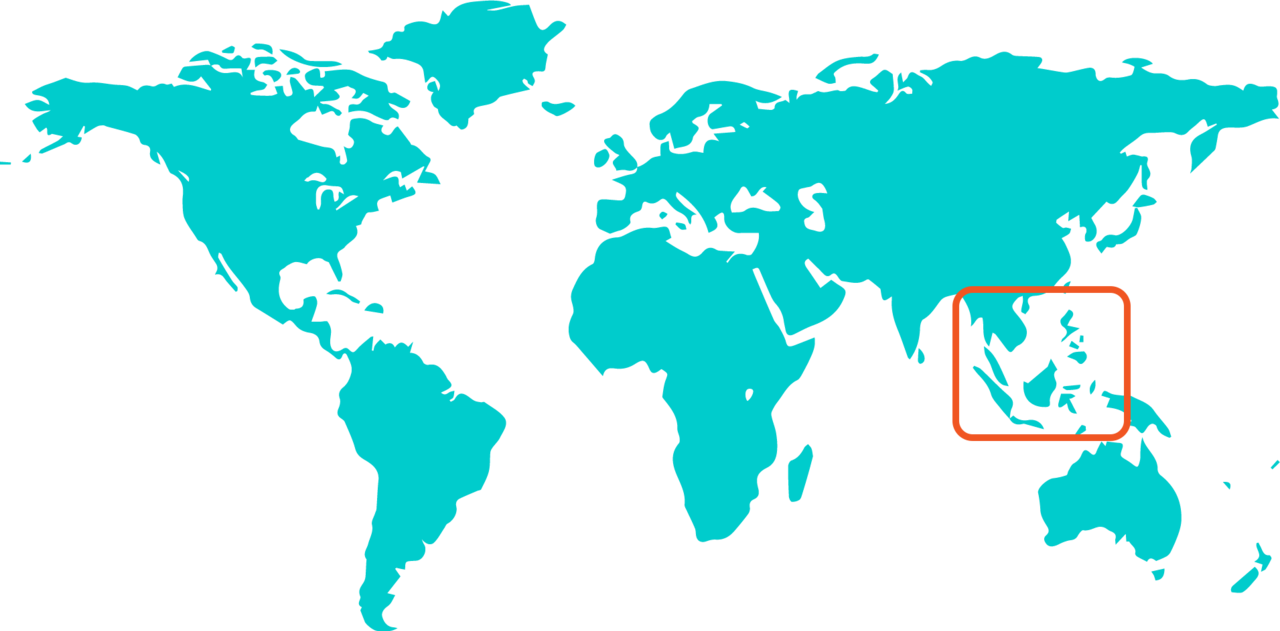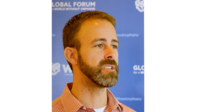Southeast Asia is a region of diverse cultures, economies, and levels of development. This diversity is reflected in the experiences of children across the region.
The region's total population is approximately 686 million (as of 2023).The average population ages 0 to 14 for 2023 was 23.3%.
Residential care continues to be the common solution for orphans and vulnerable children in the region.
Some of the Challenges:
- Poverty and Inequality: While some countries have fared better economically, poverty remains a significant issue in many parts of Southeast Asia. It is one of the most common reasons for poor families to send their children to orphanages in this region, as these families face challenges such as food shortages, limited access to education, and lack of access to healthcare. Inequality has exacerbated these issues with marginalized groups, such as stateless children or minorities, experiencing worse outcomes.
- Child Labor, Exploitation, Abuse and Neglect: In some parts of the region, children are still subjected to labor, trafficking, and exploitation. Efforts to combat these practices are ongoing, but sometimes enforcement can be weak. Children continue to be vulnerable to physical, sexual, and emotional abuse by family members, as well as an increase in online sexual abuse.
- Mental Health: Youth mental health remains a concern in the region. Suicide and attempted suicide among youth aged 15 to 29 years is highly prevalent in the ASEAN region. Parents’ mental health may also affect their ability to provide a caring environment or cause some children to require alternative care.
- Disasters and Conflicts: Southeast Asia is prone to natural disasters such as earthquakes, typhoons, and floods. These events have devastating impacts on children, including displacement, loss of homes, and disruption of education. Disasters tend to exacerbate pre-existing vulnerabilities. In addition, conflicts in some parts of the region have led to forced displacement, violence, disruptions to children’s education, and even the loss of their family members.
- Migration: Transnational and domestic migration is historically a significant phenomenon in this region. Many parents migrate overseas or domestically due to work, and new arrangements and stresses arise for the care of their children. There is a growing concern of children who are also migrating, some crossing borders without any caregivers, making them more vulnerable to exploitation and abuse.
Southeast Asia Without Orphans works to:
- Engage and develop new national movements in this region
- Encourage and equip national leaders to collaborate in solving their country’s orphaned and vulnerable children crisis
- Engage churches to support vulnerable children and families, including promoting family-strengthening programs





